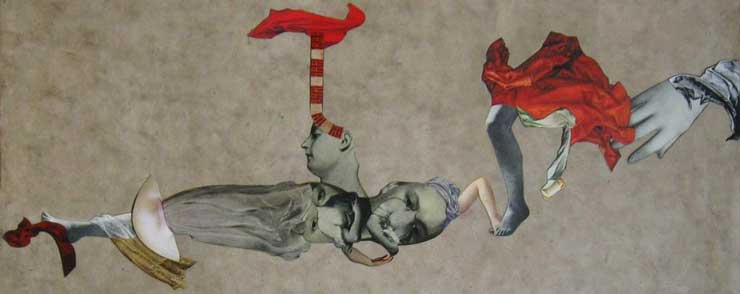
“The rightness of an act depends on how it impacts the well-being of conscious creatures.”
– Sam Harris: The Moral Landscape: How Science Can Determine Human Values
Does reading the news have you thinking, researching or talking about empathy? That’s what cognitive psychologists refer to as an affective revolution; one that entails moral reasoning and – ideally – action. When we perceive the pain of others and when we ourselves suffer, a number of the same neural systems become active.
Sadly, there are some that lack empathy due to genetics, cruel upbringing and experiences, or psychological disorders such as Alzheimer’s and Psychopathy. And there are persons who hinder their empathy through the conscious support of political or religious dogma that allow for intolerance of fellow human beings – usually part of an out-group.
“[T]he principle of universality:
if an action is right (or wrong) for others, it is right (or wrong) for us.
Those who do not rise to the minimal moral level of applying to themselves
the standards they apply to others – more stringent ones, in fact –
plainly cannot be taken seriously when they speak of appropriateness of response;
or of right and wrong, good and evil.”
– Noam Chomsky: Terror and Just Response
Empathy though – as much as we’d like to see more of it – could be treacherous. It can be narrow, biased and subjective. For instance, the indignation that comes from taking on the standpoint of a sufferer – such as a victim of police brutality – can impel a desire for what – from a particular perspective – is considered just. “I come, bring and give to Thee that which Thou hast given me.” (Johann Sebastian Bach’s “Chorale No 59”)
Thus, our feeling of empathy can lead us adversely, as a craving for reckoning stemming from it is characteristically unconcerned with consequences and more concerned with reciprocity: in response to affable actions, people are often much nicer and more cooperative; whereas in response to hostile actions, people are recurrently nastier and even brutal. Hmm, let’s think, research and talk about empathy … always … all ways … both ways.

Miro says
How would this principle apply or be understood from the perspective of revolutions and especially those waging armed struggle, such as the anti apartheid struggle in SA?